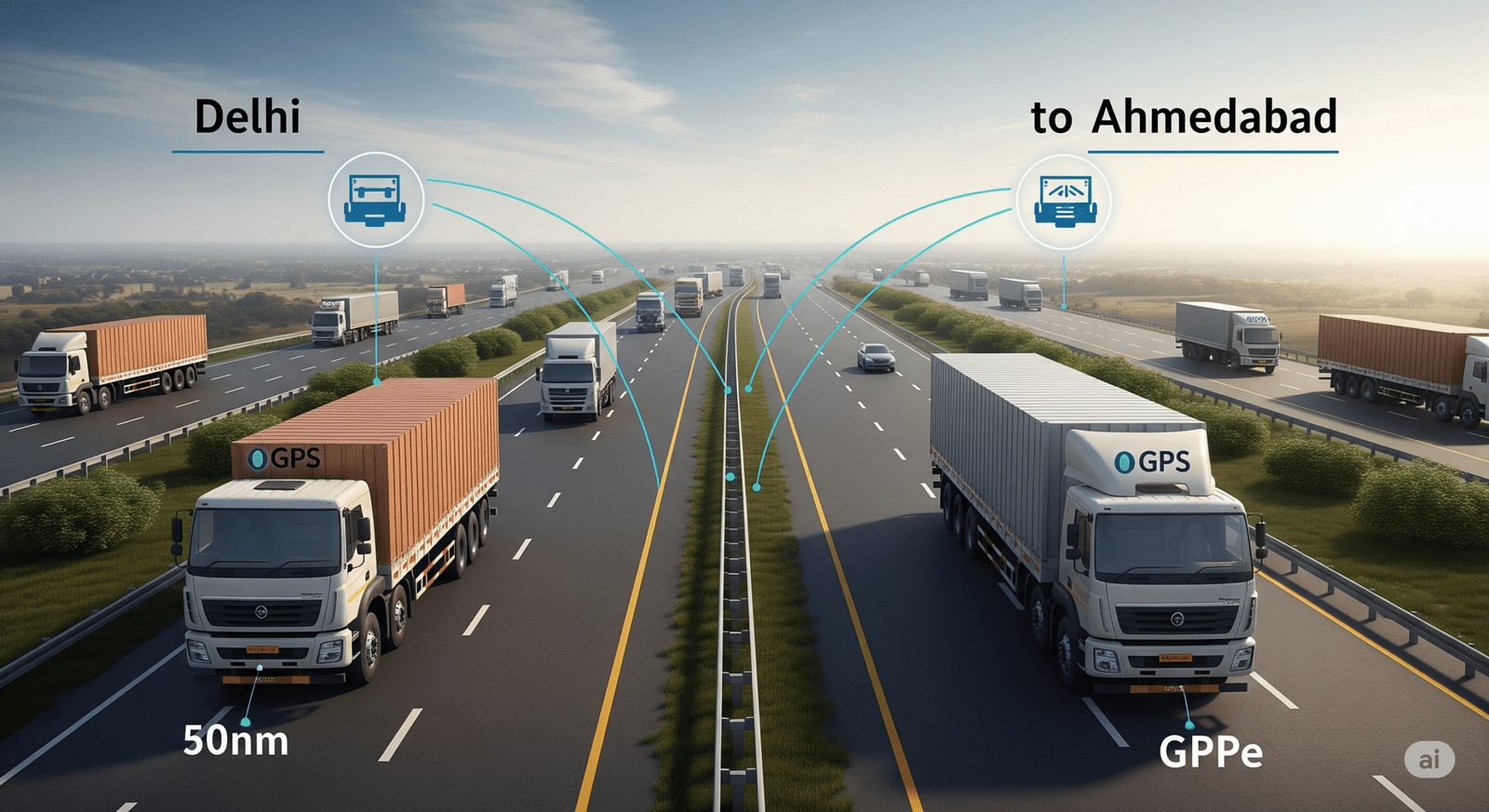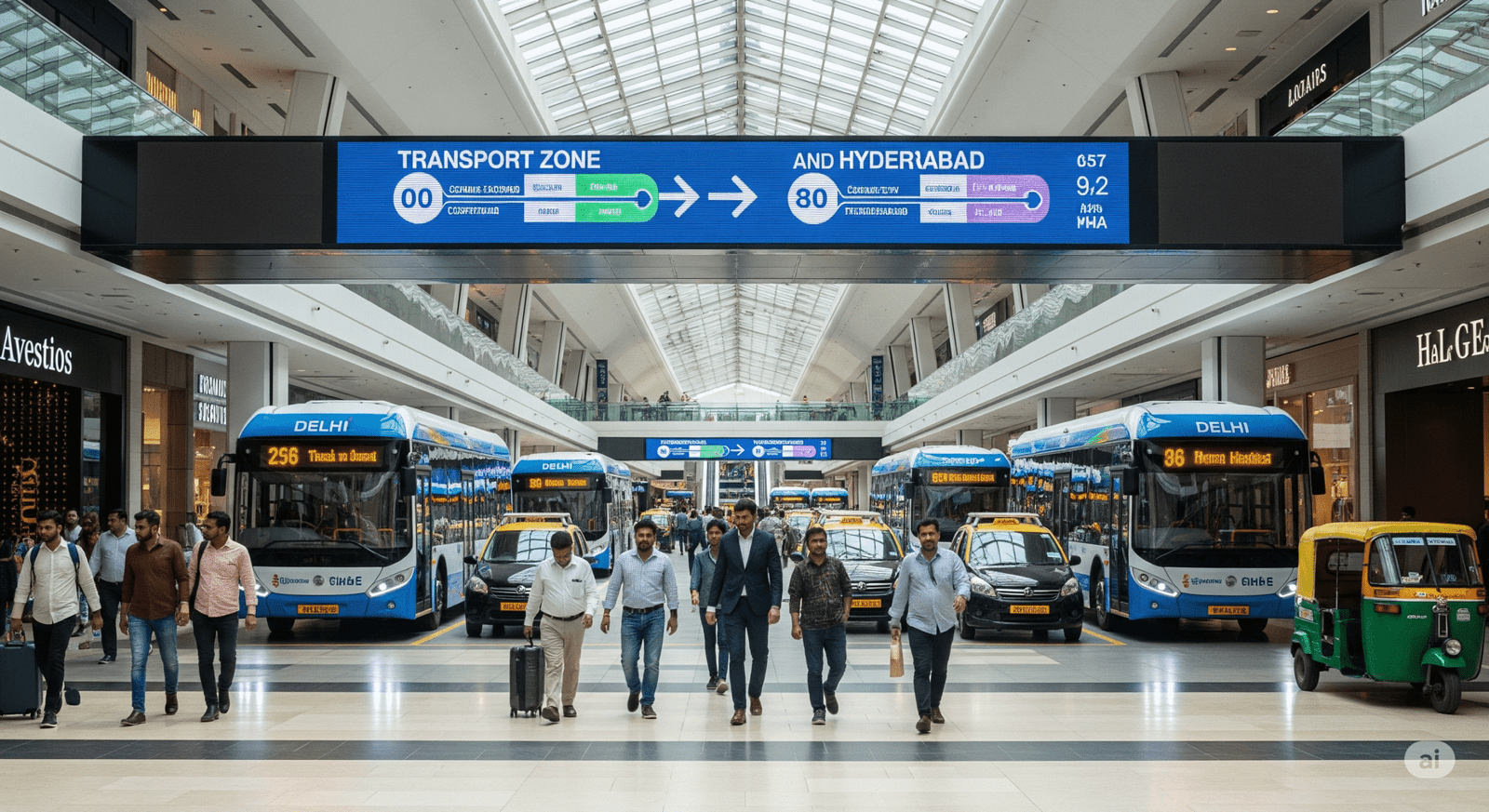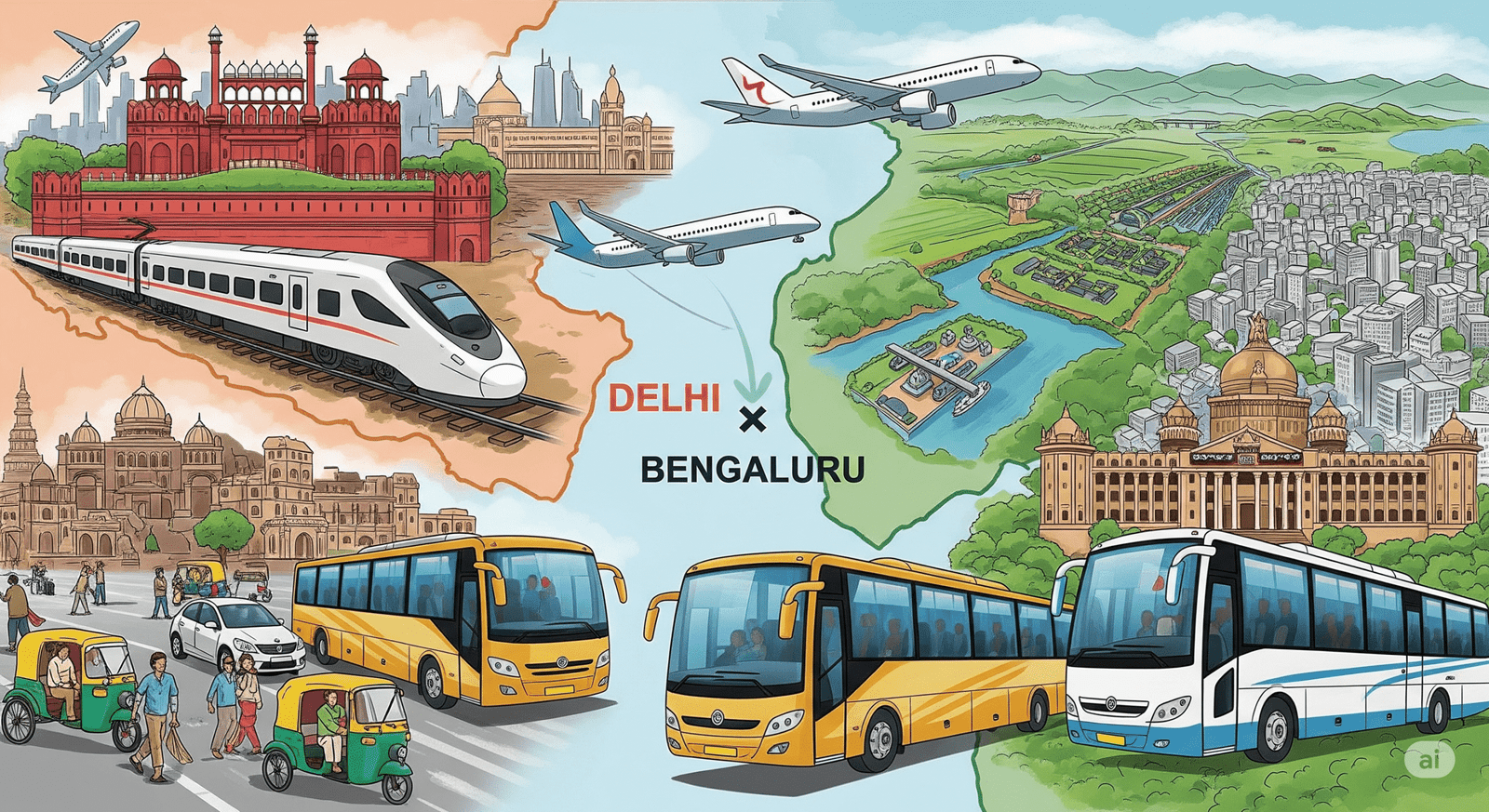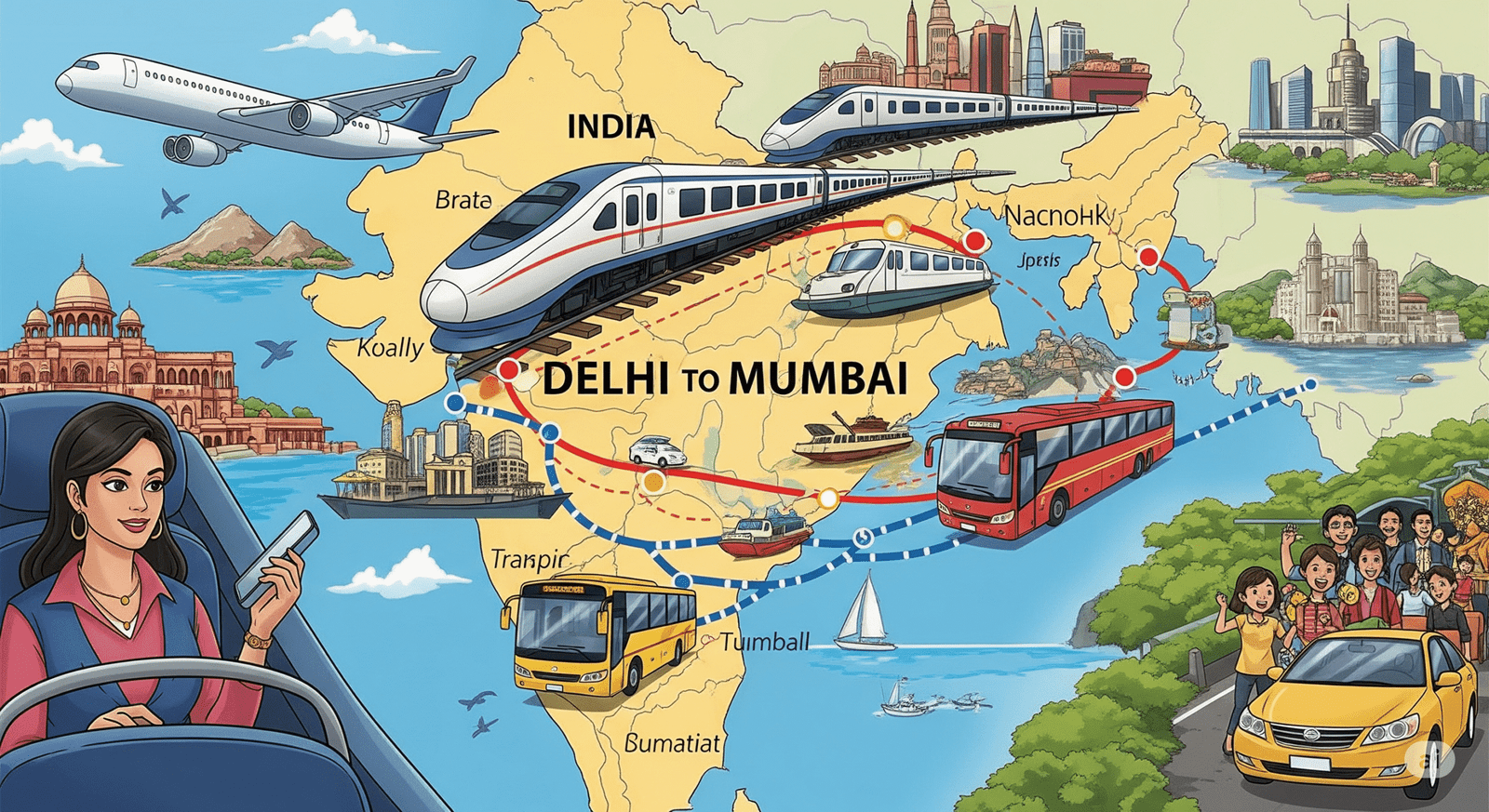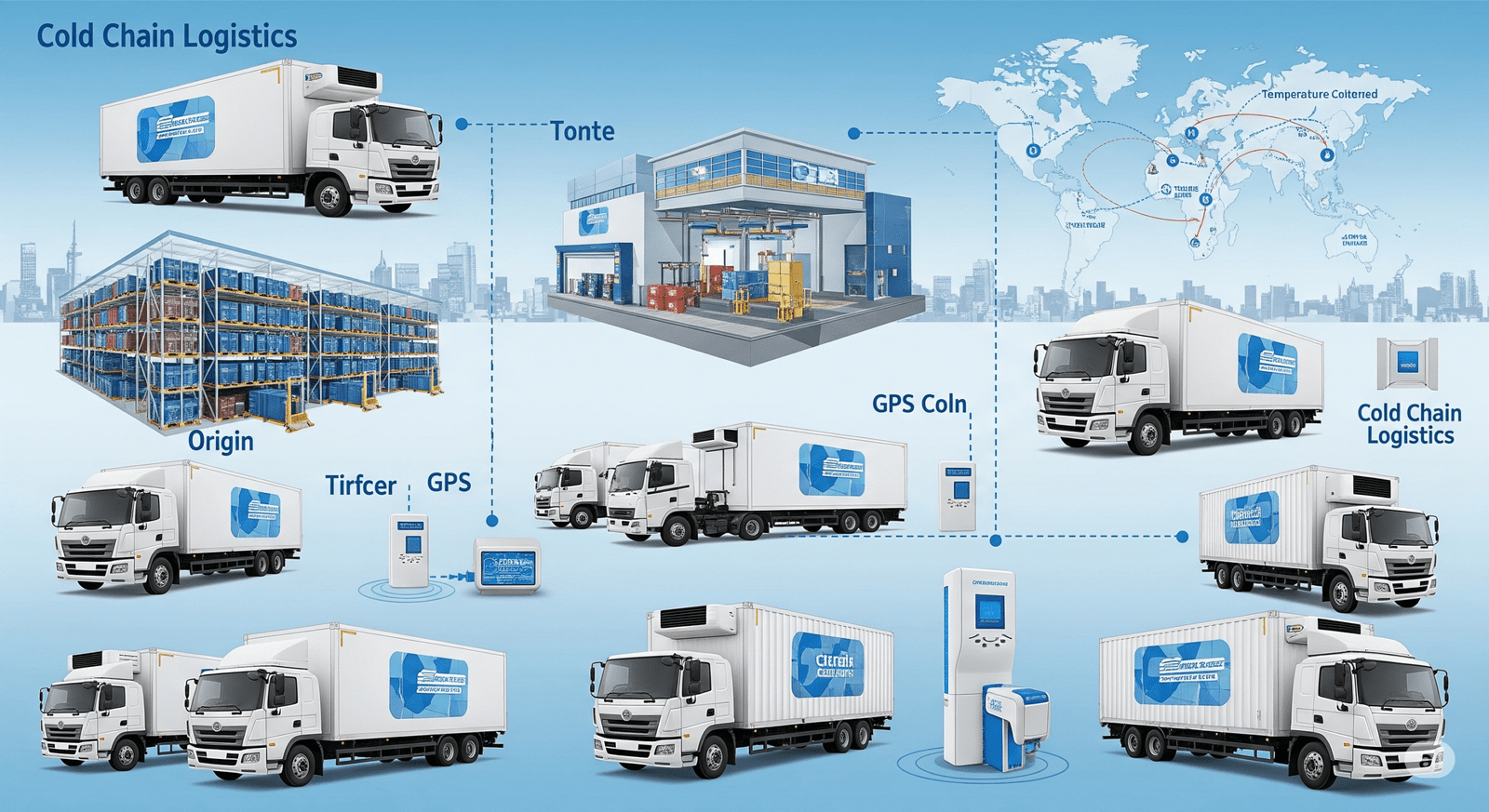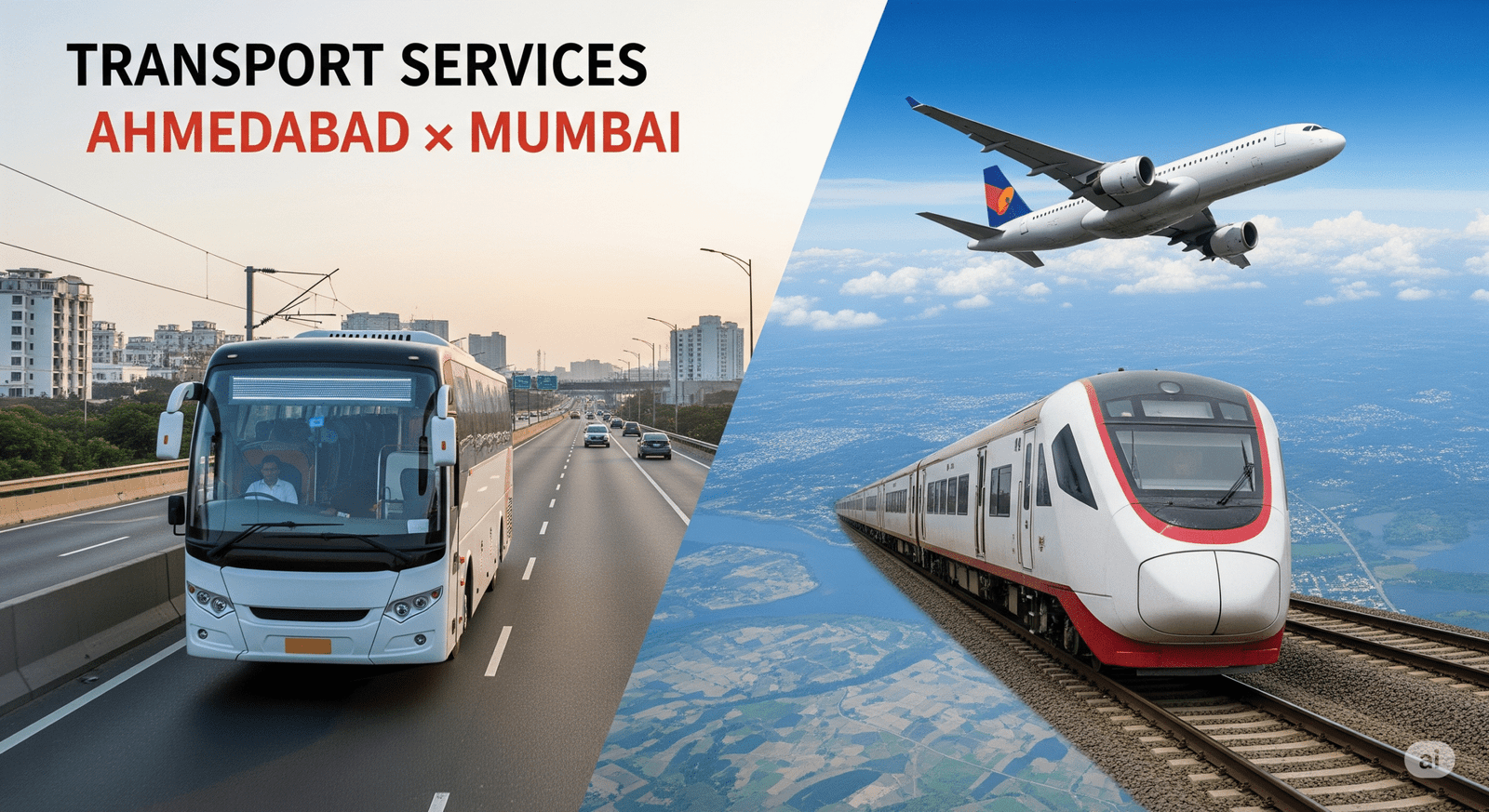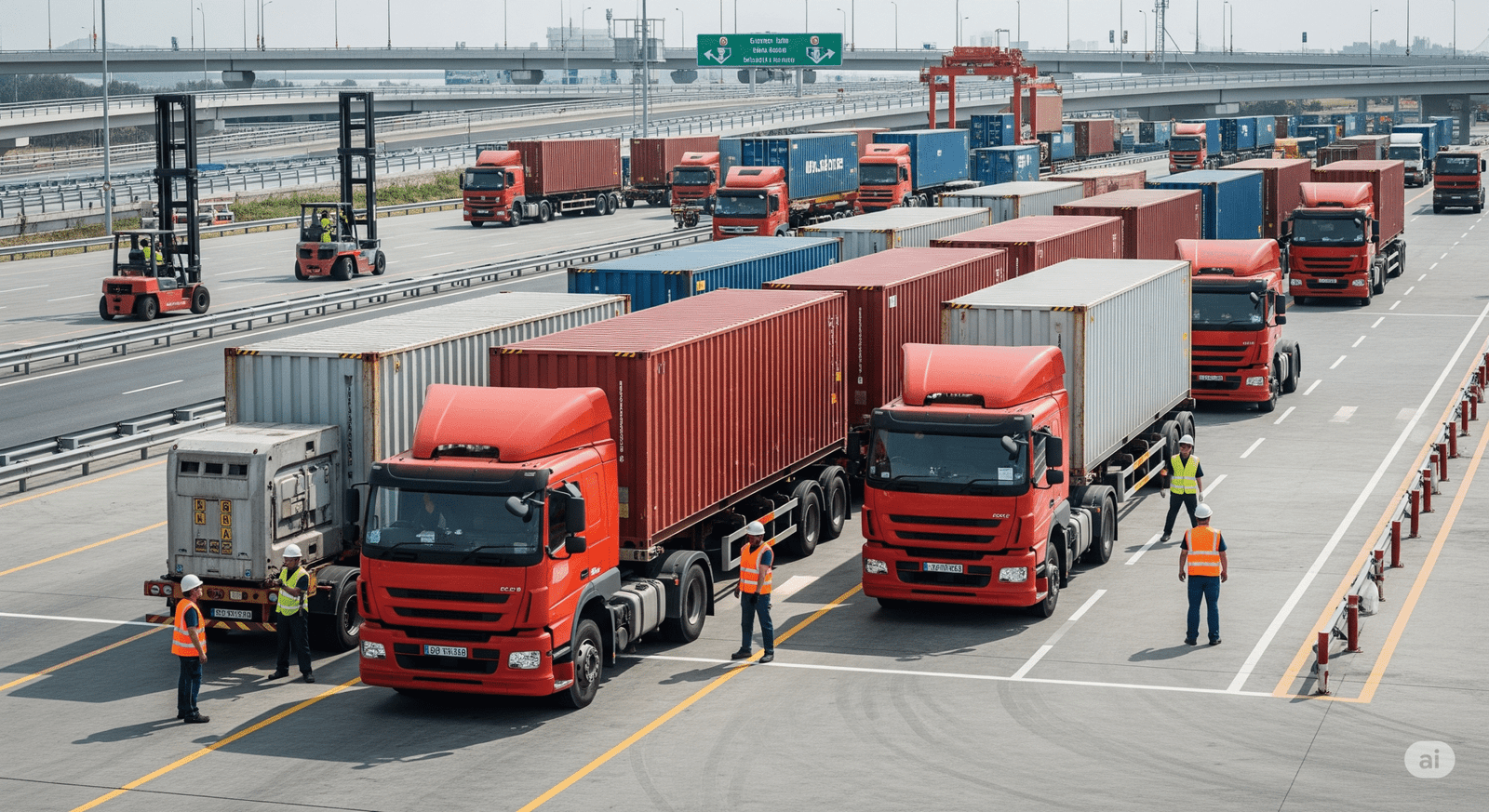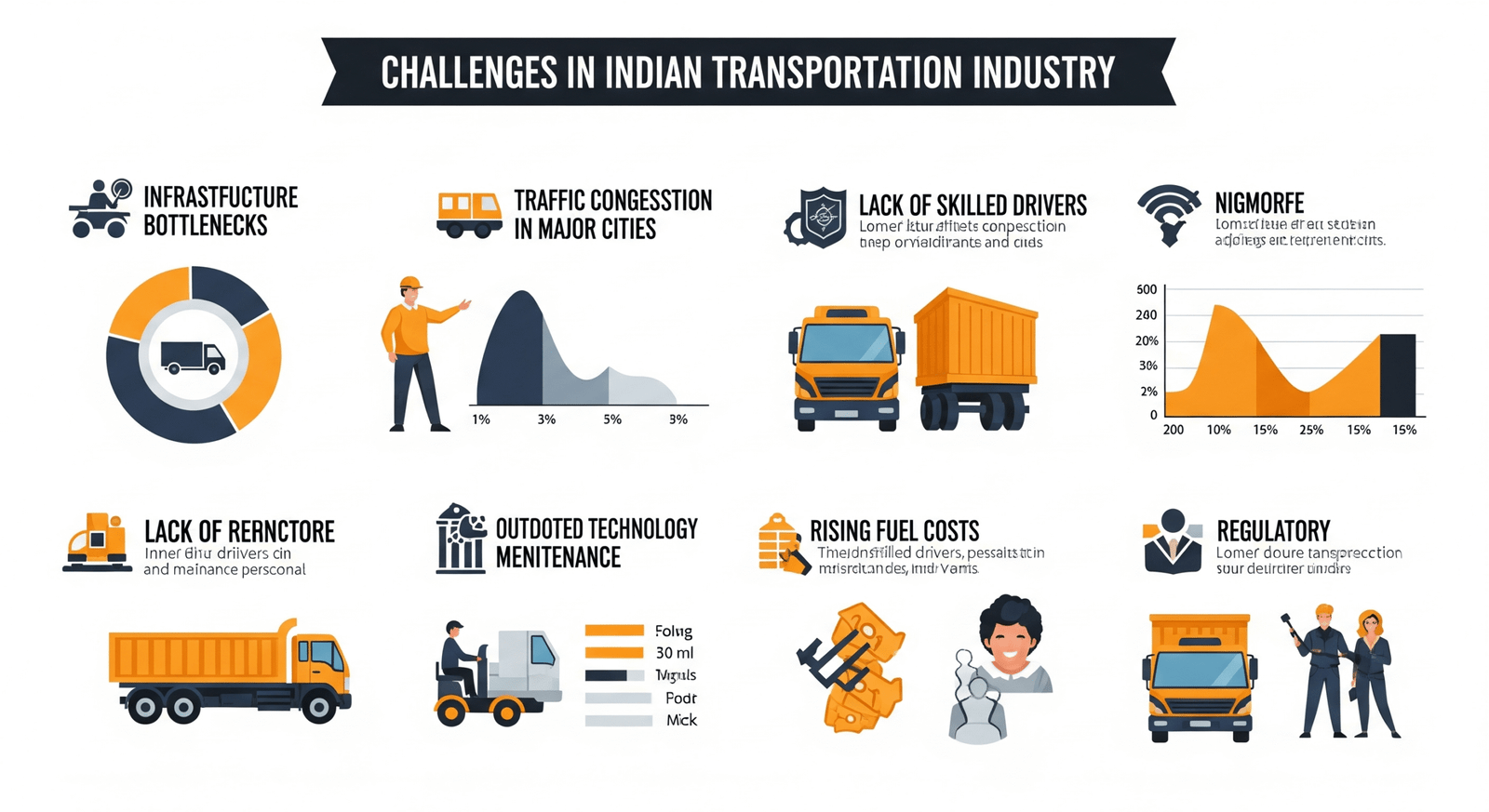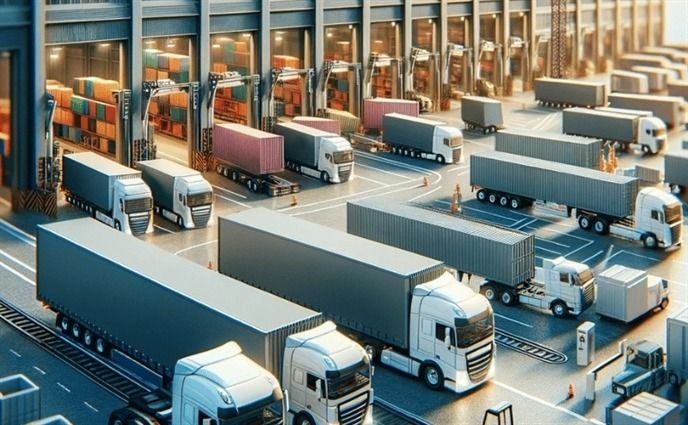The bustling industrial and commercial hubs of Delhi and Ahmedabad are intrinsically linked by a robust network of trade and commerce. For businesses and individuals alike, the efficient movement of goods between these two major cities is paramount. This blog post delves into the intricacies of Delhi to Ahmedabad goods transport, covering everything from available options and key factors to consider, to common challenges and how to overcome them.
The Lifeline: Understanding the Delhi-Ahmedabad Route
The approximate distance between Delhi and Ahmedabad by road is around 940-950 kilometers, typically taking 3 to 5 days for goods transport via surface. This route is a critical artery for the supply chain, facilitating the movement of a wide array of products, from industrial machinery and construction materials to textiles, electronics, FMCG, and even personal belongings.
Modes of Transport: Choosing Your Ride
While air cargo offers the fastest delivery (as little as 3 days for urgent needs), road transport remains the most dominant and cost-effective mode for moving goods between Delhi and Ahmedabad. Within road transport, you have two primary options:
- Full Truck Load (FTL):
- What it is: Your goods occupy the entire truck or container.
- Best for: Large volume shipments, heavy machinery, high-value goods, or when you need dedicated transport and faster transit times.
- Benefits: Faster transit as there are no intermediate stops, reduced risk of damage or loss due to minimal handling, and greater flexibility in scheduling.
- Cost: Generally more expensive on a per-unit basis as you bear the entire cost of the truck.
- Less Than Truck Load (LTL) / Part Load:
- What it is: Your goods share space in a truck with consignments from other shippers.
- Best for: Smaller shipments that don’t require an entire truck, or when cost-effectiveness is a higher priority than speed.
- Benefits: Highly cost-effective as shipping costs are divided among multiple shippers, and increased flexibility for smaller, more frequent shipments.
- Cost: Cheaper on a per-unit basis but may involve slightly longer transit times due to multiple pickups and deliveries.
Other Specialized Transport Options:
- Container Trucks: Ideal for sealed, weatherproof shipping of sensitive goods like electronics or furniture.
- Trailers/Tankers: Used for bulk cargo such as liquids or industrial goods.
- Small Pickup Trucks (e.g., Tata Ace, Tata 407): Suitable for very small loads or LTL consignments, especially for last-mile delivery.
- Refrigerated Trucks: Essential for perishable goods like fruits, vegetables, pharmaceuticals, where temperature control is crucial.
Factors Influencing Transport Costs and Time
Several variables determine the final cost and transit time for your Delhi to Ahmedabad shipment:
- Type of Goods: Fragile, perishable, hazardous, or oversized goods may incur higher charges due to specialized handling and equipment.
- Weight and Volume: The total weight and cubic volume of your consignment directly impact the required truck size and thus the cost.
- Truck Type: Different truck types (e.g., 14ft, 17ft, 19ft, 32ft single/multi-axle, open, container) have varying capacities and associated costs.
- Fuel Prices: Fluctuations in fuel prices directly affect freight rates.
- Toll Charges and State Taxes: These are significant components of the overall cost along the route (e.g., approximate tolls can be around ₹3,690).
- Seasonality: Peak seasons (e.g., festivals like Diwali, year-end) can lead to higher demand and increased rates.
- Additional Services: Loading/unloading, packaging, insurance, warehousing, and door-to-door delivery will add to the total cost.
- Urgency: Express delivery options will naturally be more expensive.
Indicative Freight Rates (as of early 2025 – subject to change):
- Part Load (LTL): Starting from ₹1.6 – ₹4 per kg or around ₹1500 – ₹3500 per ton.
- Full Truck Load (FTL):
- 16 Ton Truck: ₹7,550 – ₹12,580
- Eicher 19ft: ₹9,600 – ₹14,540
- 32 feet multi-axle: ₹12,570 – ₹15,560
- 32 feet – 7 Ton: ₹14,550 – ₹17,490
- Larger trucks (22-40ft containers/trailers) can range from ₹26,000 to ₹70,000+.
(Please note: These are indicative ranges. Always obtain direct quotes from transport providers for accurate pricing for your specific consignment.)
Key Challenges in Delhi to Ahmedabad Goods Transport
Despite advancements, the Indian transportation industry, including the Delhi-Ahmedabad corridor, faces certain challenges:
- Cargo Theft: Especially from open trucks, this remains a concern. Solutions include planning daytime shipments and ensuring secure locking mechanisms.
- Truck Accidents: Overloading and poor vehicle maintenance are contributing factors. Reputable transporters prioritize well-maintained fleets and trained drivers.
- Truck Scams: Fake brokers or “dummy broker” tactics can lead to financial losses or undelivered goods. Always verify credentials, use online booking platforms, and insist on written agreements.
- Truck Availability: During peak seasons, securing trucks can be challenging. Advance planning and strong relationships with transporters are key.
- Road Infrastructure: While major highways are improving, some stretches or interior routes might still have less than ideal road conditions, potentially causing delays.
- Fuel Price Volatility: Fluctuating fuel costs can impact freight rates unexpectedly.
- Unexpected Delays: Weather conditions, road blockages, and checkpost procedures can sometimes lead to unforeseen delays.
Finding a Reliable Transport Partner
Choosing the right transporter is crucial for a smooth and efficient experience. Here’s how to find a trusted partner:
- Define Your Needs: Be clear about the type of goods, volume, urgency, and any specific handling requirements.
- Research Reputable Companies: Look for companies with strong online presence, positive reviews, and a track record of reliability. Companies like TruckGuru, Trukky, Porter, SG Bajrang Logistics, Gati, Trackon Express, and many others listed on platforms like Justdial and IndiaMART, offer services on this route.
- Check Credentials: Verify licenses, insurance, and GSTIN.
- Compare Quotes: Obtain multiple quotes to compare prices, services included (loading, unloading, insurance, tracking), and terms.
- Inquire About Tracking: Real-time GPS tracking offers peace of mind and better visibility of your shipment.
- Understand Payment Terms: Clarify payment options (cash, bank transfer, online payments) and any advance payment requirements.
- Read Reviews and Testimonials: Pay attention to feedback regarding timely delivery, careful handling, and customer service.
- Ask About Damage/Delay Policies: Understand their procedures and compensation policies in case of unforeseen events.
Conclusion
Transporting goods from Delhi to Ahmedabad is a vital part of India’s commercial landscape. By understanding the available transport options, the factors influencing costs and transit times, and the potential challenges, businesses and individuals can make informed decisions. Partnering with a reliable and transparent logistics provider, leveraging technology for tracking, and planning shipments effectively will ensure a seamless and efficient journey for your goods between these two dynamic cities.
